
Agricultural intensification and dairy support
You might need permission if you're changing farming practices in Otago, like adding more irrigation to dairy farms, switching land to dairy farming, turning forests into farmland, or growing dairy support areas. The rules are to stop more contaminants and match national and local environmental standards. ORC is here to help.

Animal effluent storage and discharge
Well-managed effluent is a great source of fertiliser. Making sure it stays on the land and doesn’t leach or runoff (to water) helps ensure local waterways (rivers, streams, lakes, and wetlands) stay healthy.

Cleanfill
Cleanfill materials are natural soils such as clay, soil, and rock, and some manufactured materials such as concrete, brick or tiles.

Composting
If you’re planning on running a composting operation of any size, there are some rules in the regional Water Plan and Waste Plan that you need to take into consideration.

Contaminated land
Contaminants in soil can cause adverse effects on both human health and the environment through both short-term and long-term exposure. You can find the HAIL (Hazardous Activities and Industries List) database here.

Critical source areas
Critical Source Areas (CSAs) are landscape features that collect runoff and direct it to water bodies, and need to be managed to reduce sediment, bacteria and phosphorus getting into waterways.

Feedlots and Stockholding Areas
Feedlots and stockholding areas need to meet certain standards from the National Enviornmental Standards for Freshwater (NES-FW). ORC is here to help you understand the NES-FW, and where you may need a resource consent.

Fish passage and instream structures
New Zealand has more than 50 species of native freshwater and sports fish. It’s important that in-stream structures such as culverts and weirs are designed to allow for fish passage.
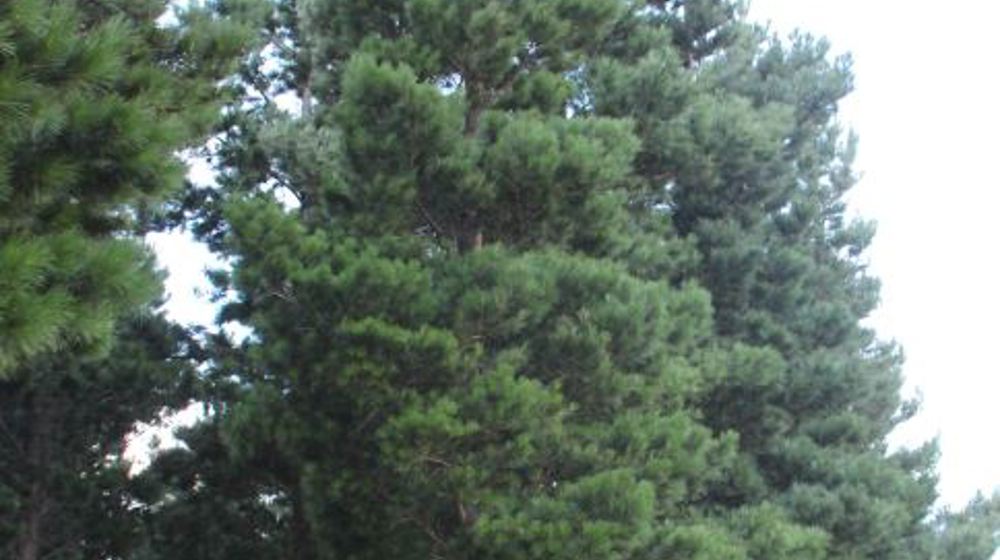
Forestry
The forestry sector is important to Otago's economy. However, forestry can have negative effects on our environment, especially water quality.

Dam consenting requirements
A dam's safety is dependent on its design and construction, how it is operated, and how its maintained.
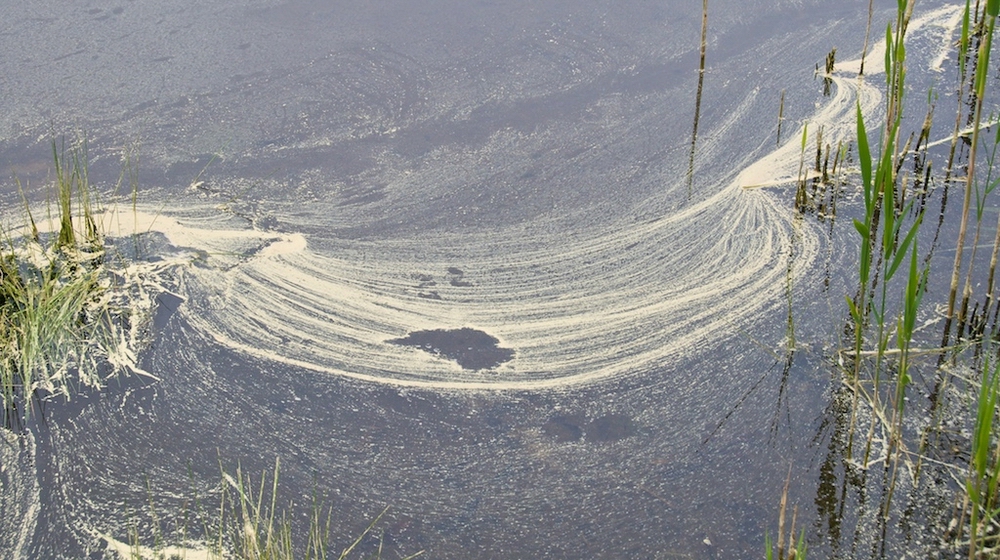
Dust
Dust can come from natural sources (like soil) and human-made sources (like industrial factories).
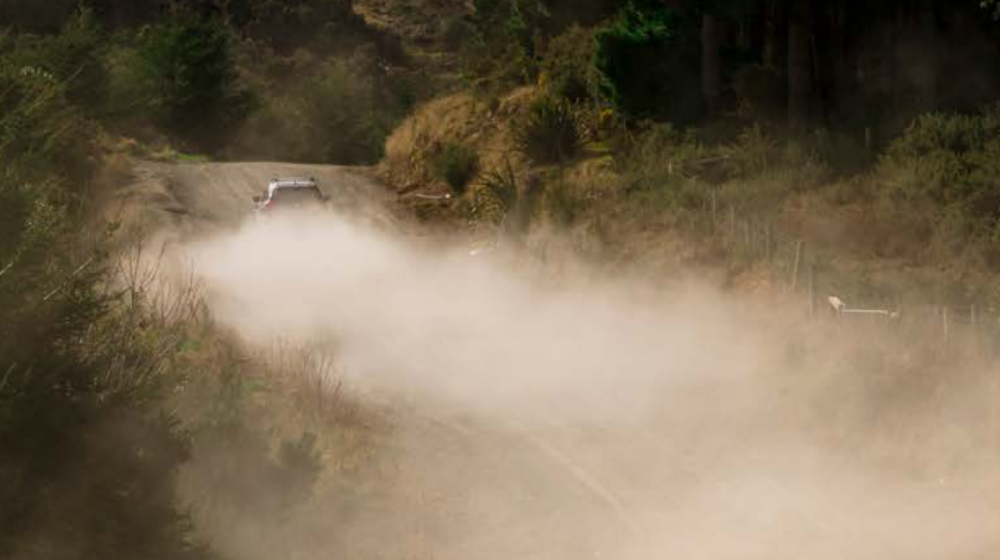
Dust suppression
Our road maintenance protects you from negative environmental effects, such as dust generation on unsealed roads.

Gravel extraction
We work with the community to ensure the sustainable use of our natural resources. One such way is by ensuring the safe and sustainable extraction of alluvium (rock, gravel, sand and silt).

Home heating
Home fires are a significant source of air pollution in some Otago towns. Get tips on reducing air pollution, heating your home economically, and the fireplace rules & regulations in Otago right here.

Intensive Winter Grazing
Learn more about Intensive Winter Grazing in Otago, such as national and local rules, and best practices to protect waterways and water quality.

Landfills and offal pits
If you have a landfill or an offal pit on your property, you must ensure that it isn’t polluting the land, water or air.

Managing silage
Managing your own silage and compost can be cost-effective, but needs to be carefully managed.

Odours
If unpleasant smells bother you, let ORC know. Industry, farming, and treatment facilities can cause disruptions. ORC helps with effective odour management.
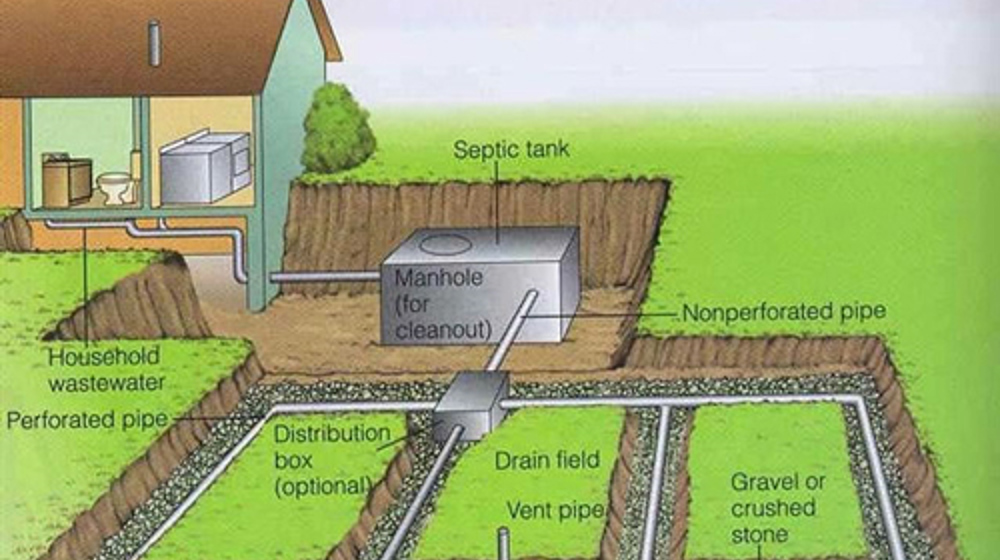
On-site wastewater
It is estimated that around 14,600 Otago properties, or 38,000 people (around one in five Otago residents) are serviced by septic tanks.

Outdoor burning
Some outdoor burning is allowed, but are you burning rubbish or toasting marshmallows? We have tips to help you reduce the pollution caused by outdoor fires.

Outdoor tyre storage
Each year, New Zealand accumulates millions of used tyres, resulting in larger outdoor stockpiles. To address safety and environmental concerns, regulations for storing tyres outdoors have been put in place, including guidelines for different quantities of tyres.
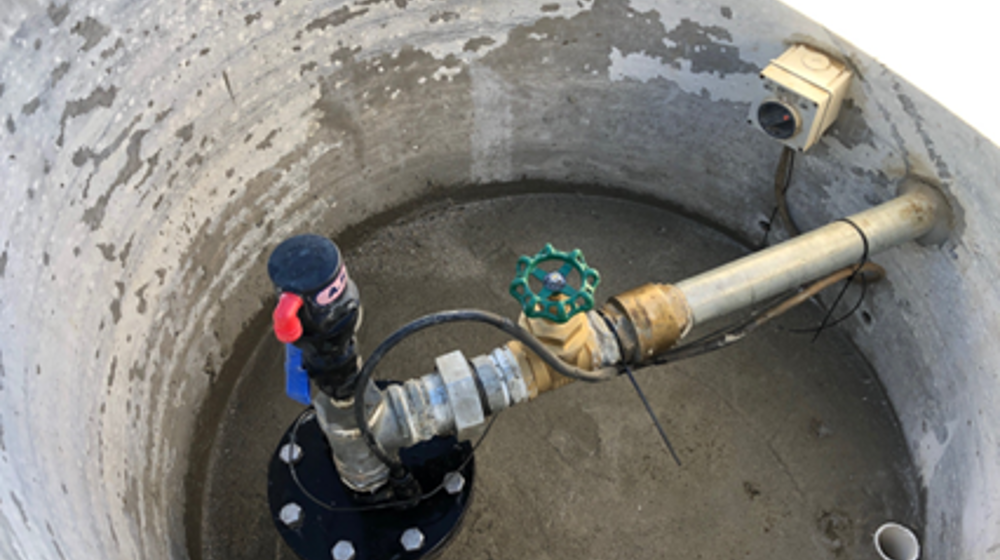
Private bore water supplies
Some properties source their water from private bores, tapping into underground aquifers. Protect your health by securing your borehead to prevent contamination and regularly test the water to meet NZ Drinking Water Standards.
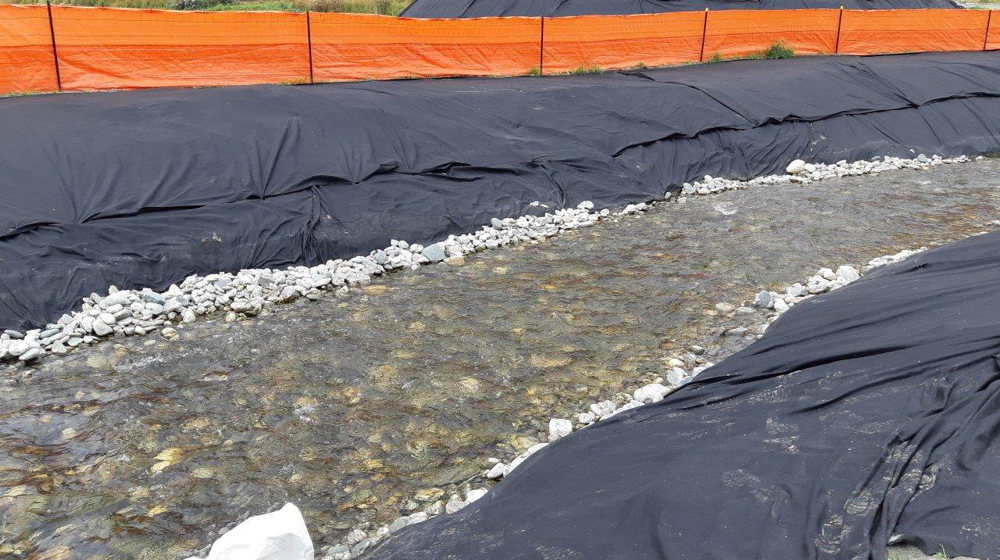
Residential earthworks
Earthworks are a necessary part of preparing land for residential development, but if the right practices aren’t used, soil can be lost to water bodies.

Sediment traps
Find out about standards for traps, if you need a resource consent and to access an application form.

Synthetic nitrogen fertiliser cap
Since 1 July 2021, synthetic nitrogen fertiliser on pastoral land (20ha+) is capped, but we have tools to help you meet these environmental standards.

Stock access to water
There are rules under both our Regional Water Plan and the Resource Management (Stock Exclusion) Regulations 2020 which restrict stock access to water.

Stock truck effluent
Stock effluent spillage from cartage trucks onto Otago roads can be dangerous to other road users and cause problems.

Stream clearance and works in waterways and rivers
If you want to undertake stream clearance at any scale, you will require resource consent.

Wetlands - doing works in or near
If you have a wetland on your property, there are different rules depending on the type of wetland (Regionally Significant Wetland and/or a natural wetland) and what activity you are proposing to do in or near the wetland.

Willow removal and regulations
There are rules which may apply to the removal of willows from in and around rivers, lakes, and wetlands.

Whitebait — what you need to know
Between 1 September and 30 October you can fish for this delicacy, but please remember that whitebait numbers are in decline so take only what you need and make sure you protect their habitat so there are plenty more to catch in future years.
